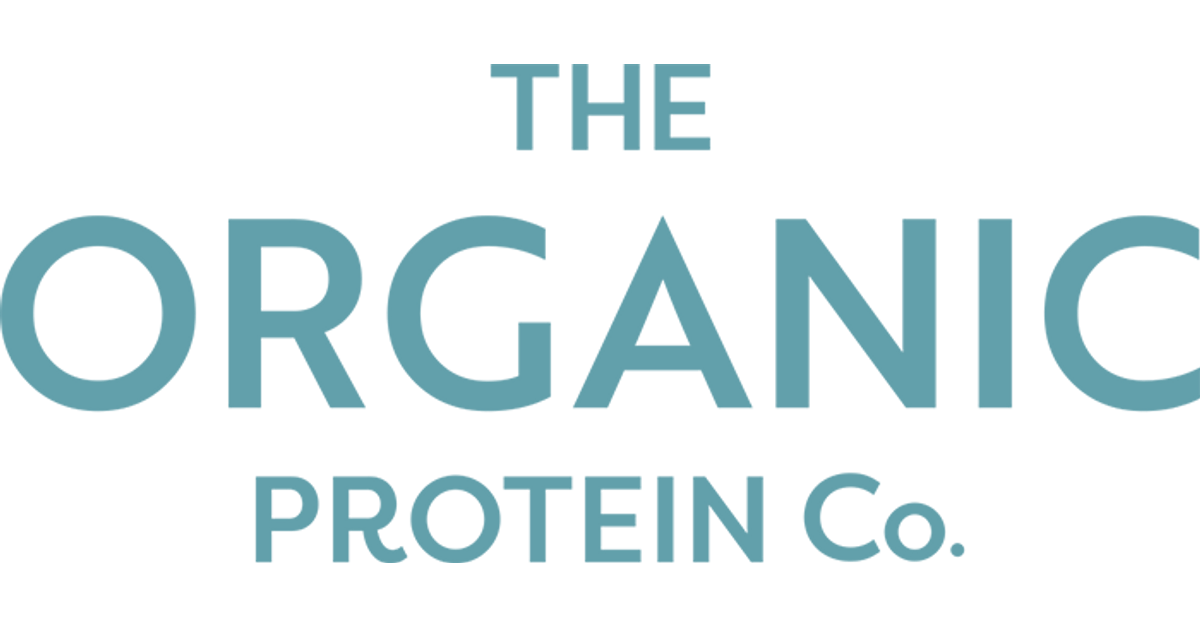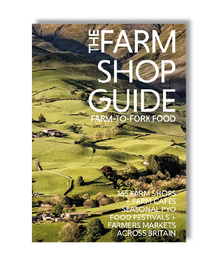Joining Farmlay as a contract producer has helped a young Scottish farmer transform a modest acreage into a very profitable concern.
Like generations of farmers’ sons before him, Ross Learmonth was determined to “stand on my own two feet” and attempt to make his own living away from his family’s farm near Ellon, in Aberdeenshire.
He would be the first to admit that he was lucky to have a headstart in this endeavour in the form of his grandparents’ 80-acre holding, from his mother Shirley’s side of the family.
“I’d been working away with a few sheep but was determined not to ‘play farms’ and started looking for something that would enable it to become a viable business in its own right,” explains 29-year-old Ross.
After graduating from Scotland’s Rural College (SRUC) with a first-class honours degree in agriculture Ross, then aged 21, went to work for Scottish nutrition company Harbro.
“I was originally interested in pigs but through the day job found out more about hens and went to speak to my banker.
I was also successful in securing some young farmers’ start up grant funding to help buy and relocate some second-hand poultry buildings. In the interim we set about organic conversion, as this was where the opportunity was with local egg packer, Farmlay. The first 4,000 organic birds arrived in 2017.
“I soon realised I was not able to give the day job as much commitment as I would like but also that 4,000 birds weren’t going to be enough,” explains Ross. “So, having left my job and with another production opportunity presented I set about extending the unit to 10,000 birds for the spring 2018.”
The hens allowed Ross to secure the finance to buy a neighbouring 150-acre farm and meanwhile Ross’s father Eric and uncle Iain - who farm around 1,100 acres in partnership - felt the time was right for them to look at diversifying their cattle and combinable crop operation.
So a share-farming agreement was drawn up, in which they own the purpose-built shed that went up on their land, but Ross takes care of everything else. 12,000 birds are housed on this site, with the muck being used on Ross' organic cereals.
“Home mixing allows the inclusion of home-grown organic crops in our split fed rations, completing the cycle,” explains Ross.
While Ross is happy with his own holding’s organic status, it soon became obvious free-range could be a good option at his father’s farm, too. So, earlier this summer, 16,000 free-range birds arrived after the construction of another new shed.
“We managed to go from steel up, to birds housed in under 10 weeks, a credit to everyone involved,” reports Ross.
“This included the installation of a microgrid, incorporating solar PV, diesel generator, battery storage and provision of three-phase power for the new shed on the split phase supplied farm.”
Ross now has the help of two staff and his wife Molly continues to look after the admin side of the business since having the couple’s young daughter Lois.
“Molly has great office skills from her career in the oil and gas industry and it’s important to say that record keeping is a big part of the egg industry,” warns Ross.
“It’s really important, when you are starting out, not to underestimate the effort compliance and quality assurance requires.”
Ross supplies his eggs on a contract basis to Aberdeenshire-based Farmlay, which after 2022 images of supermarket shelves empty of eggs - the result of a combination of factors including high energy and feed prices along with the risk of avian flu - has hailed the arrival of what it calls a “golden age” for egg producers.
It holds long-term contracts with supermarkets Aldi and Lidl, as well as supplying Spar and all Morrisons’ supermarkets in Scotland. As an aside, Farmlay was founded by Robert Chapman, who left school at 15 with the ambition of owning 100,000 hens and 1,000 acres of farmland.
When he handed over the role of managing director to his son Iain just before Christmas, the business owned 450,000 hens - and a further 550,000 owned by contract producers - and 2,500 acres of land. A nearly 20-fold increase from the 130 acres he started out with.
“Farmlay provide a great support for audit compliance and there is advice there for producers new and old should they need it, but I do like that there is still very much an independent element to producing eggs and it is by no means prescriptive. There is a good network for advice within the producer group too from which we’ve certainly benefited,” says Ross.
“Poultry really has facilitated a diversification that - in the end - not just me but my whole family have all benefitted from.”
Ambitions for Ross include better utilising solar power, referring specifically to electricity, cereals and forage. At the moment his grain store is host to 34kw solar PV on the roof and inside, 150acres worth of organic winter wheat, spring barley and beans whilst 340 organic cattle are out at grass. There is also an arrangement with a contract shepherd, finishing 1,000 hoggs this year. He has just recently purchased a further 84 acres of farmland locally.
“I must acknowledge my folks for having the foresight to set me loose and then hold their nerve long enough to let all this happen,” reflects Ross.
“It has been a steep learning curve, but I think eggs are one sector of farming that lends itself to first generation farmers or existing farms that want to create a role for a family member. So long as you’re prepared to listen and learn, you don’t need decades of experience.”
“It means a great deal to me and my family that it has enabled my grandparents small farm to provide a living. It had lain underutilised for 20 years but stocking it with hens created a business that has since been able to invest in land and ways of reducing costs. It has also meant my wife can be involved in the farm, and I’m finally, after some full-on years, hoping to get a bit of time back to spend with her and our baby. We often wonder what my grandparents would think of what we are doing with the farm now.
“A greater return may well be had occasionally at other enterprises; the boom in sheep prices, for example, would prove that this year, but the hens are set to remain at our core, as it is their reasonably predictable and regular cash flow that lets us build other areas of the business around them.”
Ross’s Recommendations
If you are from a family farm, take time away to plough your own furrow if you can. “Find what you are good at and leverage it - maybe it's ploughing…?” says Ross. “Consider risk and reward together not just one or the other - doom and gloom merchants and spreadsheet millionaires are both to be treated with caution.”
“Significant capital and personal investment is required. Do not underestimate either – both can be exhausted if you are not careful.”
“Resilience is just as important as return - build both into your budgets.”
https://www.farmlay.co.uk





.jpg)
.jpg)
.jpg)













